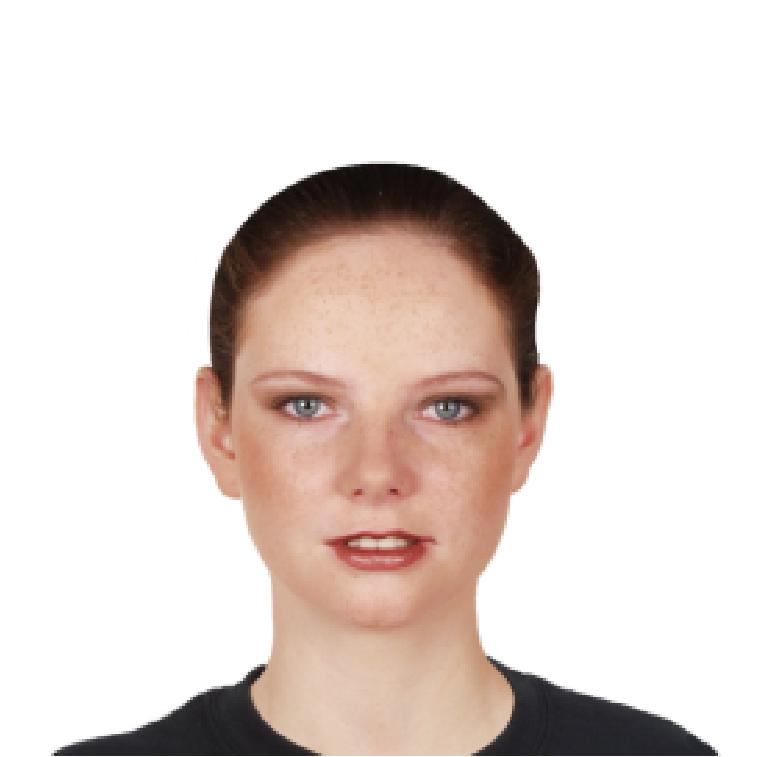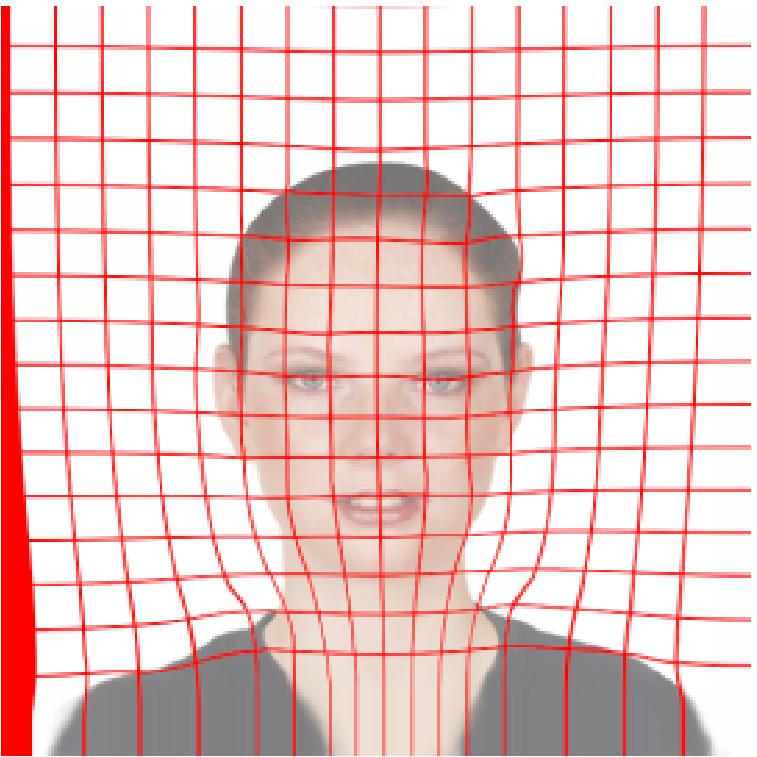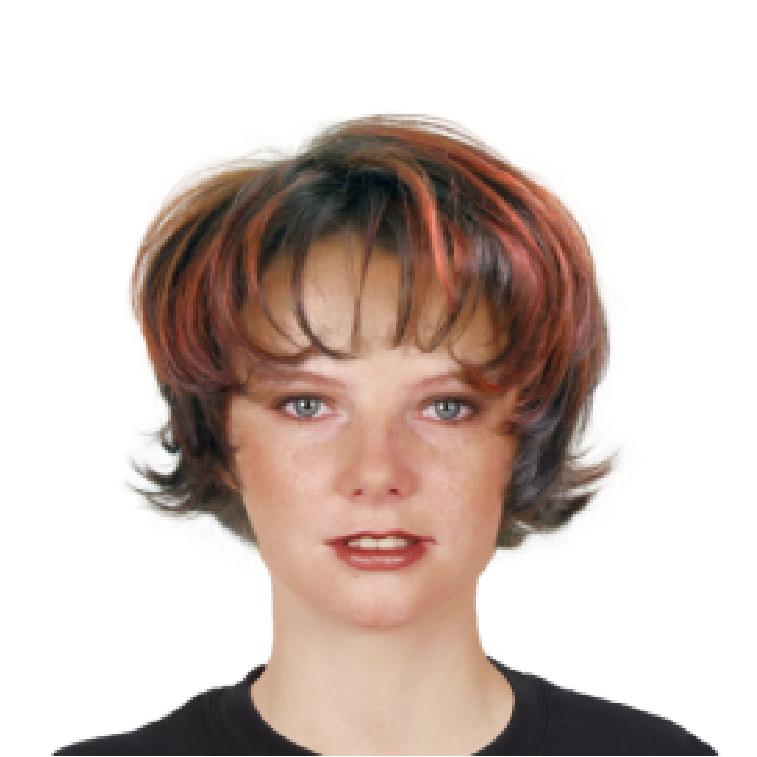
Numerical Algorithms for Image Analysis
Summer Term 2007
Home
About Us
People
Teaching
Research
Publications
Awards
Links
Contact
Internal
Numerical Algorithms for Image Analysis
Dr. Andrés Bruhn,
Prof. Dr. Joachim Weickert
(bruhn@mia.uni-saarland.de)
Summer Term 2007
Seminar (2h)

|

|

|
Important Dates – Description – Administrative details – Requirements – Overview of Topics
First meeting:
Wednesday, February 14, 2007, 16:15h, Bld. E1.1, room 306
Sign-up deadline:
Tuesday, February 13, 2007.
Regular meetings during summer term 2007:
Wednesdays, 16:15h , Bld. E1.1, room 306, starting May 2, 2006
Please direct all organisatorial requests to Andrés Bruhn.
Contents: Many problems in image processing and computer vision require the use of efficient numerical algorithms. In this seminar the participants learn more about a selection of successful algorithms that are frequently used in applications. This includes
B-tree triangular coding
orthogonal transformations (FFT, FWT, FLT)
approximation methods (least squares, total least squares, SVD)
fast iterative solvers for linear systems
minimisation of convex and nonconvex functionals
efficient algorithms for diffusion filtering
algorithms for TV regularisation
algorithms for continuous-scale morphology
implementations on special hardware (GPUs, mobile phones)
Prerequisites: The seminar is designed for graduate students (i.e. advanced Bachelor, Master, and post-Vordiplom) of visual computing, computer science or mathematics. Specific knowledge in image analysis or numerical methods is useful but not required.
Language: Understanding scientific text in English is indispensable. Talks and write-up can be in English or German.
Sign-up:
If you are interested to participate, please sign up by e-mailing
to bruhn@mia.uni-saarland.de not later than Tuesday, February 13, 2007.
Please include your name, student ID (Matrikelnummer), date of birth,
study program, and valid e-mail address.
Since the number of talks is limited, we ask for your understanding
that participants are considered strictly in the order of incoming
e-mails – no exceptions.
Sessions: First meeting takes place Wednesday, February 14, 2007, 16:15h, Bld. E1.1, room 306. Regular sessions will be weekly during the summer term. Exact schedule to be determined at first meeting.
Regular attendance: It is expected that you attend all seminar meetings, except for provable important reasons (we check).
Talk:
Talk duration is 30 min, plus 15 min for discussion. Please do not
deviate significantly from this time schedule.
You may give a presentation using a data projector (»beamer«),
overhead projector or blackboard, or mix these media appropriately.
English is preferred as language of presentation; if you should decide to
talk in German anyway, you must use slides in English.
Write-up:
The write-up has to be handed in till the end of the lecture period. It
should summarise your talk, so some 5+ pages per speaker will be adequate
in most cases.
Electronic submission is preferred. File format for electronic
submissions is PDF – text processor files (like .doc) are not acceptable.
We recommend using LaTeX.
Adhere to the standards of scientific referencing: Quotations and copied
material (such as images) must be clearly marked as such, and a bibliography
is required.
Mandatory consultation: Talk preparation has to be presented to your seminar supervisor not later than in the week before the talk is given. It's your responsibility to approach us timely and make your appointment!
The cerfificates (Scheine) are issued by the office of the Mathematics Department. They can be obtained from Mrs. Voss, Building E2.4, Room 111 (math building, ground floor, 8.15-11.30 AM).
| No. | Topic | Supervisor | Date |
| 1 |
A1 - Least Squares, Total Least Squares, SVD |
Dr. Bruhn |
May 2 |
| 2 |
D2 - Linear Multigrid (Basics)
D3 - Linear Multigrid for Optic Flow |
Dr. Bruhn Dr. Bruhn |
May 9 |
| 3 |
E1 - Additive Operator Splitting (AOS)
E2 - Locally Analytic Schemes (LAS) |
Prof. Weickert Dr. Bruhn |
May 16 |
| 4 | F1 - Upwind Scheme |
Prof. Weickert |
May 23 |
| 5 | F2 - Flux-Corrected Transport Scheme (FCT) G1 - Simulated Annealing |
Prof. Weickert Dr. Bruhn |
May 30 |
| 6 | G2 - Coarse-To-Fine-Warping G3 - Graph Cuts |
Dr. Bruhn Dr. Bruhn |
June 6 |
| 7 |
I1 - Nonlinear Diffusion Filters on Graphics Hardware I2 - Coherence Enhancing Shock-Filtering on a Mobile Phone |
Dr. Bruhn Prof. Weickert |
June 13 |
| 8 |
H1 - Fast Fourier Transform (FFT) H2 - Fast Wavelet Transform (FWT) |
Dr. Bruhn Dr. Bruhn |
June 20 |
| 9 |
H3 - Fast Legendre Transform (FLT) H4 - Laplace Pyramids E3 - Recursive Filters |
Prof. Weickert Dr. Bruhn Prof. Weickert |
June 27 |
| 10 |
B1 - B-Tree Triangular Coding (BTTC) D1 - Successive Overrelaxation Method (SOR) |
Prof. Weickert Dr. Bruhn |
July 4 |
Andrés Bruhn / March 30, 2007
MIA Group
©2001-2023
The author is not
responsible for
the content of
external pages.
Imprint -
Data protection